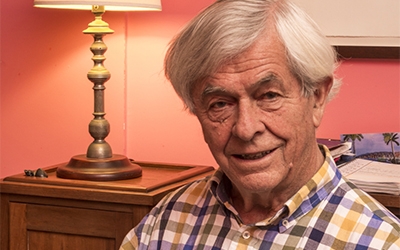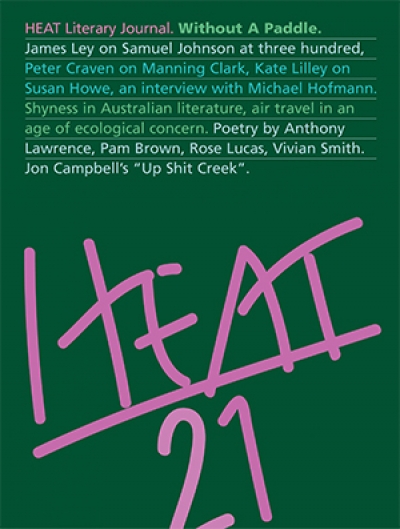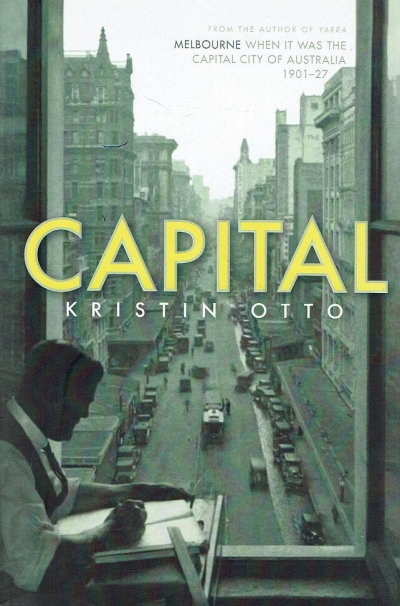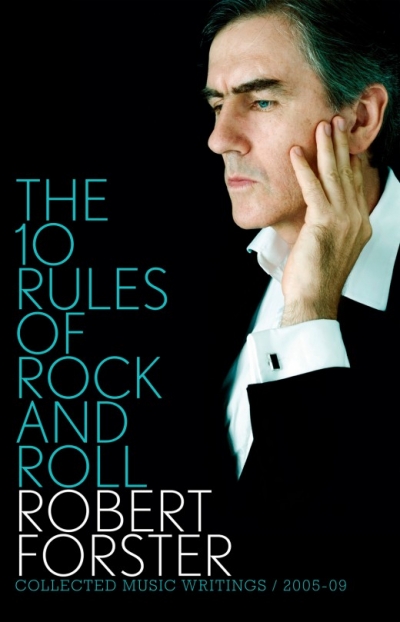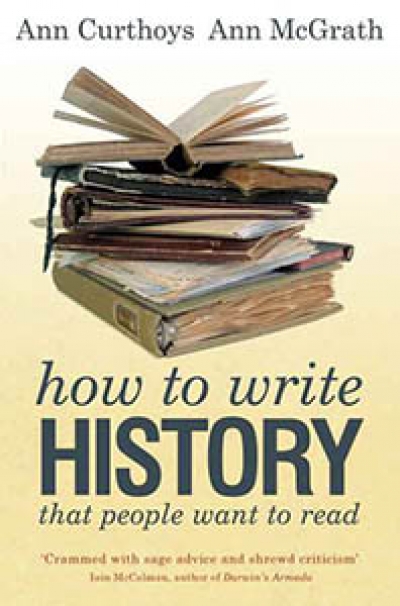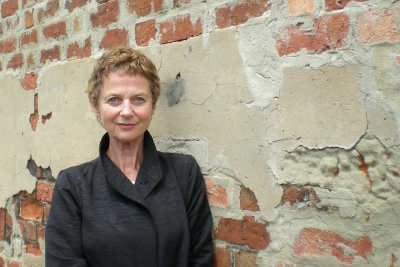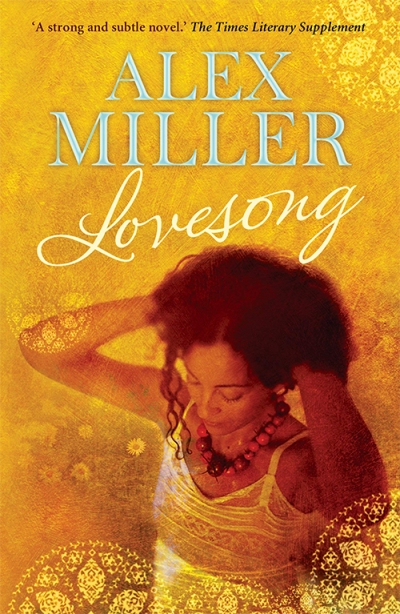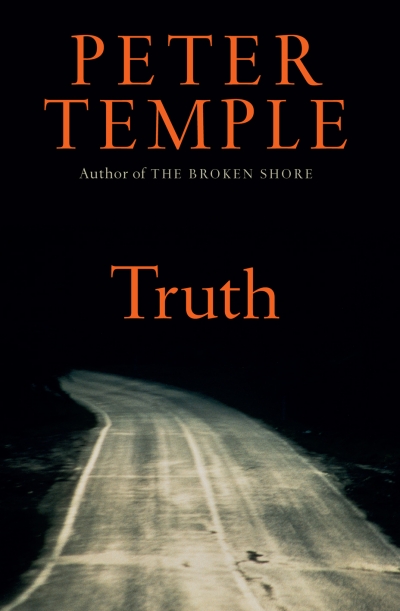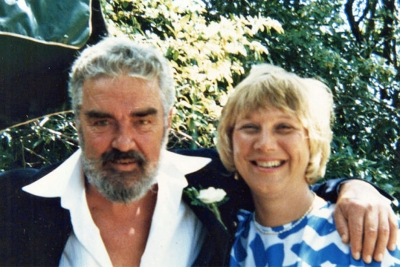Archive
Are you a vivid dreamer?
Yes, in general I am, but I have three kinds of dream: those that are dully bureaucratic at root; those that revisit the emblematic landscapes or cities of earlier dreams; and wild, coloured dreams with a green welcoming ocean or dark monsters.
... (read more)Capital: Melbourne when it was the capital city of Australia 1901–1927 by Kristin Otto
How to Write History That People Want to Read by Ann Curthoys and Ann McGrath & Voice and Vision by Stephen J. Pyne
A year ago, I came to Australia prepared to spend the first half of my sabbatical leave completing a book on John Keats. Never having been to Australia, I was eager to spend some time here: five months in all. When I participated in the 2008 Mildura Writers Festival, it became clear to me that something both delightful and extraordinary was at work. There was a fine group of writers, including Les Murray, David Malouf, Alice Pung, Alex Miller, Sarah Day, and Anthony Lawrence. But what made the festival remarkable was the combination of conviviality and serious talk about literature and ideas that surpassed anything in my previous experience, which included far more such events than I could begin to count.
... (read more)Kenneth Cook was always a little surprised by the success of Wake in Fright. He dismissed it as a young man’s novel, as indeed it was; he published it in 1961, when he was thirty-two. Among his sixteen other works of fiction he was prouder of Tuna (1967), a partial reimagining of Hemingway’s The Old Man and the Sea set off the coast of South Australia, and The Man Underground (1977), which dealt with opal mining. Perhaps he preferred them because he had enjoyed the research involved. It is true that both are better crafted, more assured, than the novel that made his name. But he could never quite accept that Wake in Fright delineated grim truths about the bush and its inhabitants that his other novels do not capture.
... (read more)
